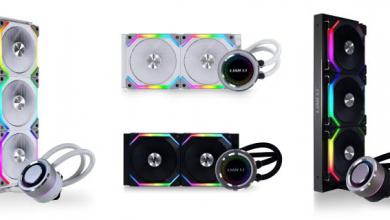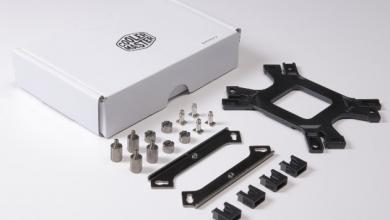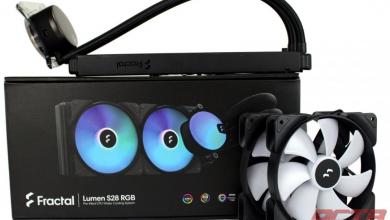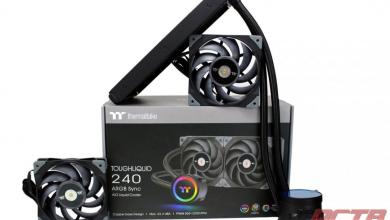Air Cooler vs Water Cooling: Which is best for cooling your CPU:
Which one is cool for you?
Air cooling for a CPU typically uses a heatsink, which is a piece of metal with fins that increase its surface area, and a fan to dissipate heat away from the processor, while water cooling uses a liquid coolant and a radiator to transfer heat away from the processor. The heatsink is attached to the CPU with a thermal interface material, which fills in any gaps between the CPU and the heatsink to ensure good thermal conductivity. The fan pulls in cool air from outside the computer and blows it over the heatsink, which cools the processor by carrying away the heat.
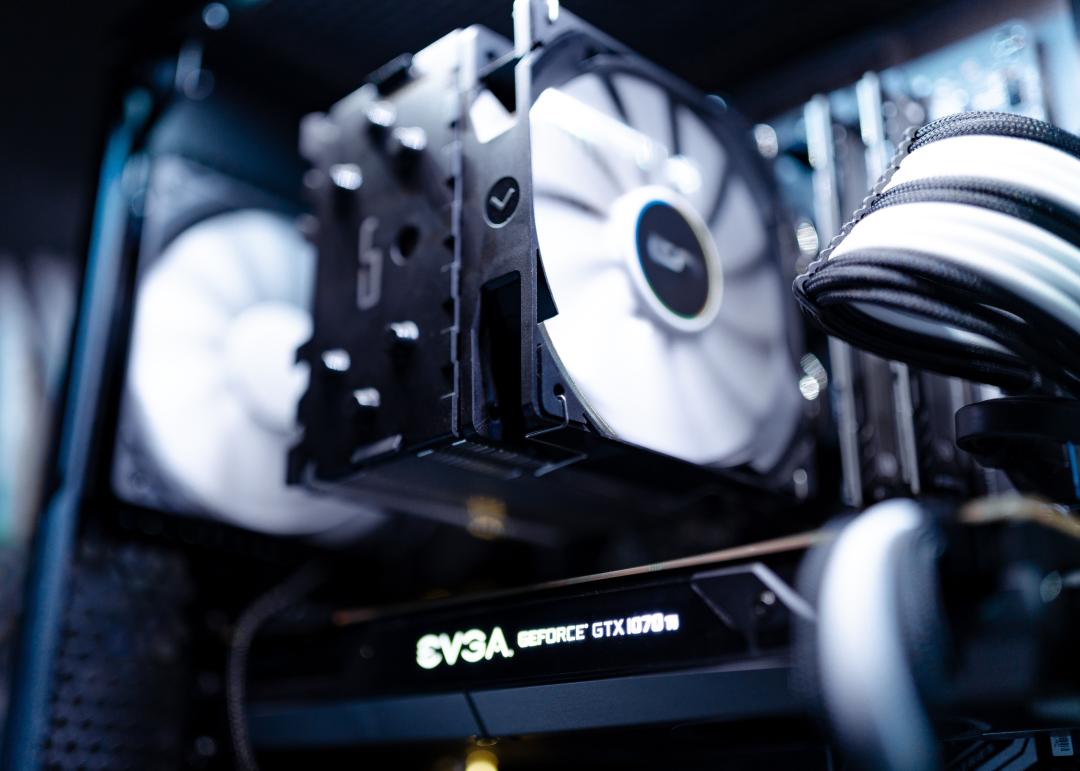
Water cooling is generally more efficient at removing heat from the CPU, but it is also more complex and expensive to set up and maintain. In general, water cooling is recommended for high-performance systems or overclocked systems where the CPU generates a lot of heat, while air cooling is sufficient for most regular use cases.
Water cooling, on the other hand, uses a liquid coolant and a radiator to transfer heat away from the processor. The liquid coolant is circulated through a water block, which is attached to the CPU, by a pump. The water block is similar to a heatsink, but it is made of metal and has a channel running through it. The coolant absorbs the heat from the CPU and carries it away to the radiator, where it is cooled by airflow. The cooled coolant is then pumped back through the water block to absorb more heat.
Water cooling is generally more efficient at removing heat from the CPU than air cooling. Because liquids have a higher thermal conductivity than air, they can transfer heat away from the processor more quickly. Additionally, water cooling allows for a larger surface area for heat dissipation. Radiators have much more surface area than a heatsink and fan, so they can dissipate more heat.
However, water cooling is also more complex and expensive to set up and maintain than air cooling. Water cooling systems require more parts, such as a pump, a radiator, and water blocks, which increases the cost. They also require more maintenance, such as cleaning and refilling the coolant and ensuring that there are no leaks. In addition, a water cooling system can be more difficult to install and may require more space.
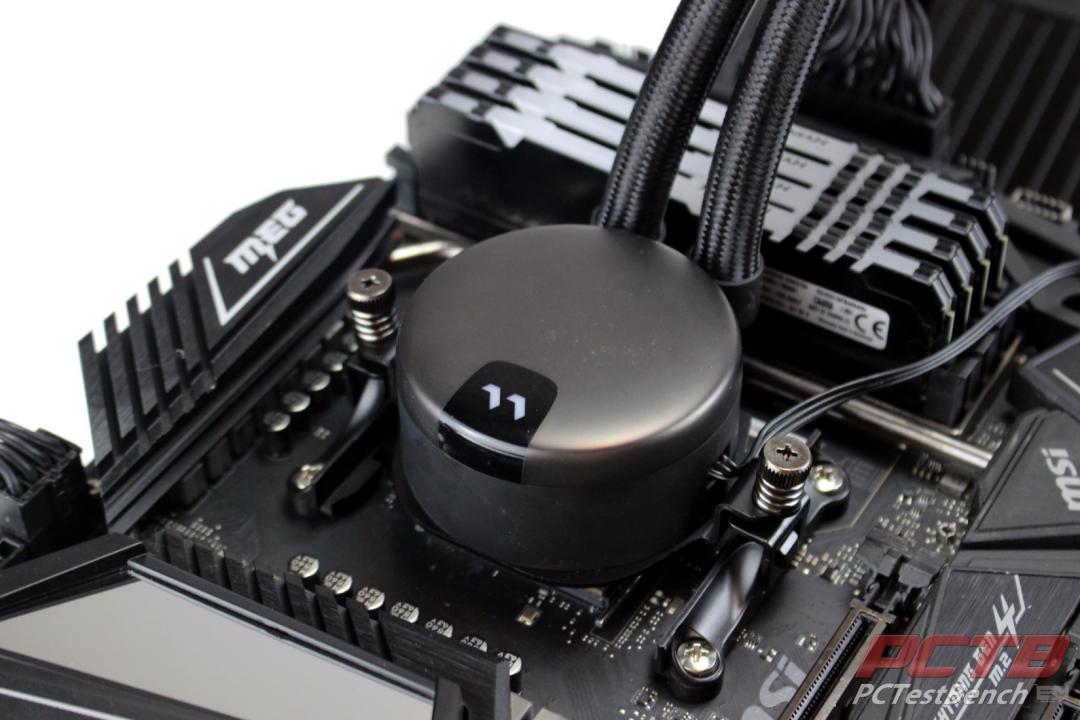

You can build your own water cooling system or you can buy an All-In-One (AIO). It is all up to you.
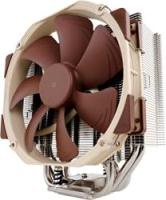
Air coolers are ideal for some cases that just don’t have the room for all the water-cooling parts needed. Sometimes an air cooler is just the thing to use.
